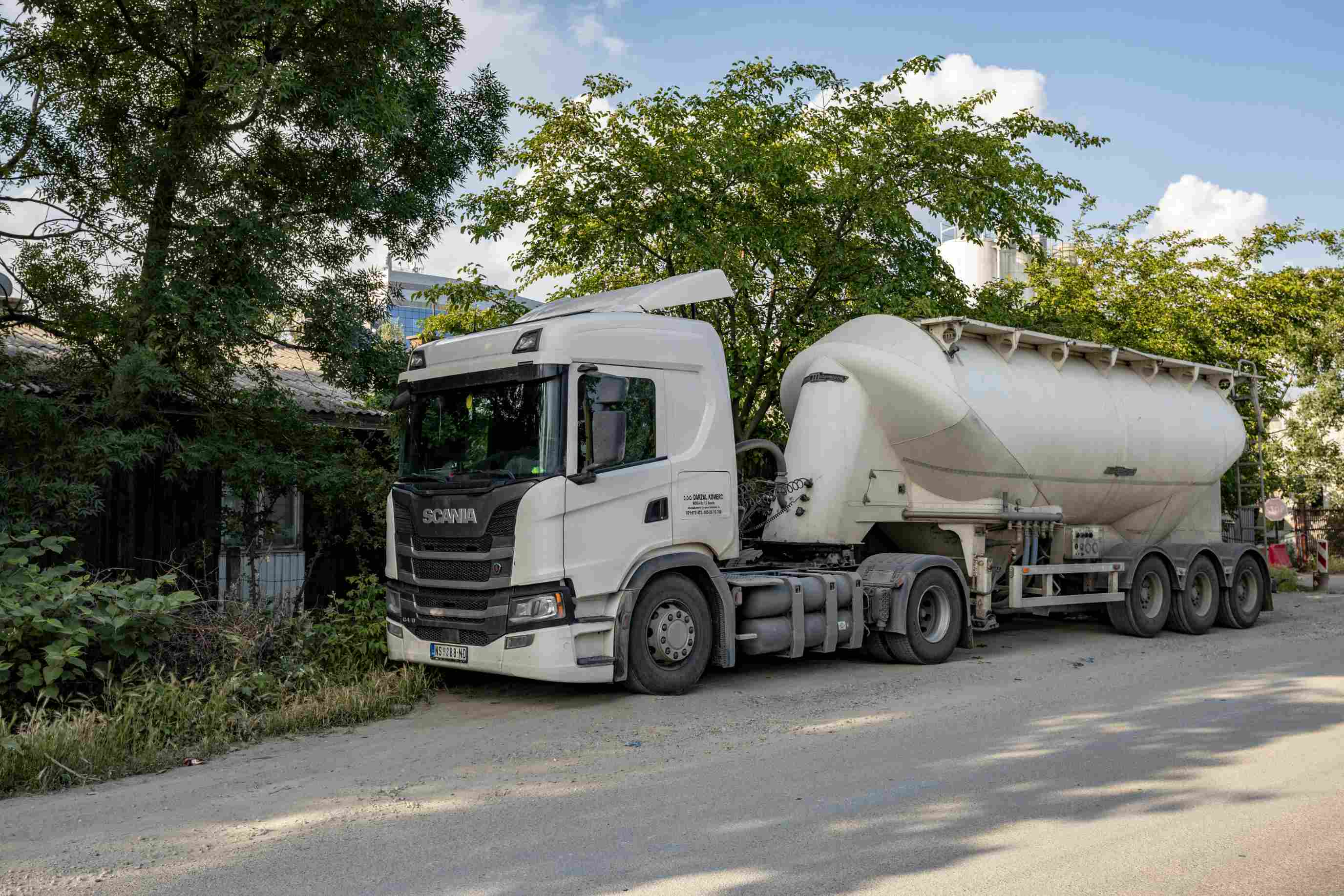In the modern era of technology, lithium-ion batteries stand out from portable power sources. Their omnipresence in smartphones, laptops, electric vehicles, and renewable energy storage systems is a testament to their unparalleled efficiency, high energy density, and longevity. This article will delve into the lithium-ion battery, exploring their innovative design, the latest advancements, and the strides taken toward sustainability.
Innovation in Energy: The Design and Mechanism of Lithium-Ion Batteries
Lithium-ion batteries are marvels of electrochemical innovation. At their core, these batteries operate on the principle of lithium ions moving between the anode and cathode. The anode, typically made from graphite, stores lithium ions, while the cathode, composed of lithium metal oxide, acts as the recipient during the discharge cycle.
Breakthroughs in Battery Technology
Recent advancements have focused on enhancing the electrode materials to improve the battery's life cycle, capacity, and safety. Silicon anodes are emerging as a superior alternative to graphite, boasting a higher lithium storage capacity. Simultaneously, research into solid-state batteries proposes a future where liquid electrolytes are replaced with solid conductors, drastically reducing the risk of leaks and fires.
Sustainability and Recycling: The Path Forward
The environmental impact of lithium-ion batteries is a subject of increasing importance. Initiatives to develop eco-friendly recycling methods are in full swing, aiming to recover valuable metals like lithium, cobalt, and nickel. Moreover, the hunt for alternative materials with lower environmental footprints is underway, with research into sodium-ion and magnesium-ion batteries showing promise.
Lithium-Ion Batteries in Renewable Energy
The role of lithium-ion batteries in renewable energy systems cannot be overstated. They are pivotal in stabilizing the grid, storing excess energy from wind and solar sources, and releasing it on demand. This functionality is integral to the transition towards a more sustainable and resilient energy infrastructure.

Aokly Lithium-lon Battery
The Future of Mobility: Electric Vehicles Powered by Lithium-Ion Batteries
Electric vehicles (EVs) are the flagbearers of lithium-ion battery applications. The latest EVs come equipped with batteries that offer extended ranges, reduced charging times, and longevity, making them increasingly competitive with traditional combustion engines.
Battery Safety: A Top Priority
Safety is a paramount concern when it comes to lithium-ion batteries. Advancements in technology have led to the development of more stable chemical compositions and built-in safeguards against overcharging and thermal runaway, providing peace of mind to consumers.
The Economic Impact of Lithium-Ion Batteries
The lithium-ion battery market is a significant economic driver, with its value projected to grow exponentially. This growth is spurred by the batteries' versatility and adaptability to various applications, from portable electronics to large-scale energy storage solutions.
Challenges and Solutions
Despite their numerous benefits, lithium-ion batteries do face challenges, particularly concerning resource scarcity and the environmental toll of mining activities. Addressing these issues is crucial for the sustainability of the industry, and efforts are being made to find more sustainable mining practices and alternative battery chemistries that are less resource-intensive.
Conclusion: Powering the Future Responsibly
Lithium-ion batteries are at the forefront of a technological revolution, offering a combination of high performance, reliability, and versatility. As we advance, the focus on innovation, safety, and environmental sustainability will continue to drive the industry forward, ensuring that these power sources meet the demands of a rapidly evolving world. If you are looking for more details about Aokly's superior lithium-ion battery, do not hesitate to get in touch with us through [email protected].

 EN
EN 



